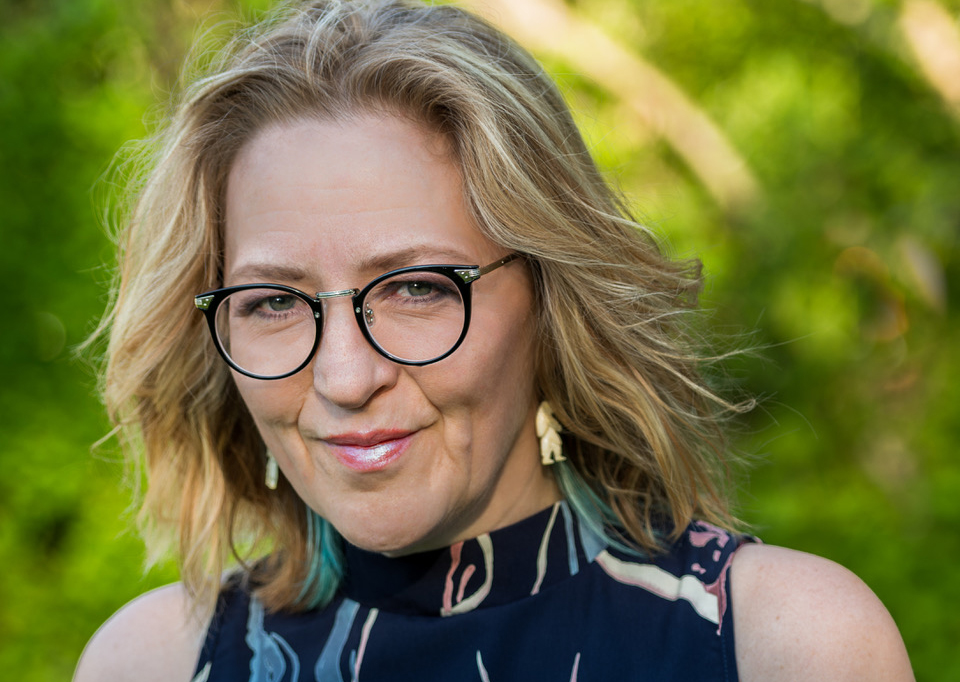
Poitras appointed Associate Director of Wiyasiwewin Mikiwahp Native Law Centre
Poitras will begin her term on July 1, 2019.
The College of Law at the University of Saskatchewan is pleased to announce that Marilyn Poitras has been named Associate Director of the Native Law Centre effective July 1, 2019 for a one-year term.
“Marilyn Poitras is deeply rooted in the Indigenous community in Saskatchewan and brings a wealth of Indigenous legal education experience to the Wiyasiwewin Mikiwahp Native Law Centre,” said Martin Phillipson, dean of the College of Law. “I am delighted to welcome her back to campus and look forward to working with her to advance the Centre’s work on reconciliation, Indigenous legal research and the promotion of access to legal education for Indigenous people.”
Poitras was a faculty member at the College of Law from 2009 to 2017. She began her legal career as a Native Court Worker in Regina, Sask. Following law school, she moved into the area of constitutional law with the Saskatchewan Department of Justice where she worked in negotiation and litigation and appeared before all levels of the court.
Poitras holds a Bachelor of Laws from the University of Saskatchewan, a Master of Laws from Harvard Law School and is an alumna of the Native Law Centre Summer Program. In addition to being a lawyer she has worked as a law professor, a writer, a film producer, a negotiator, a facilitator, a public speaker, a commissioner, a consultant and a design thinker. Poitras has significant experience in self-government and treaty implementation across Canada with various Indigenous governments as and also with research on ancestral domain land conflict in Central Mindanao in the Philippines, through the Canadian International Development Agency.
As a student of Indigenous legal traditions, Poitras is grateful to have learned from Elders across the continent to earn an understanding of customary law. Her traditional teachers come from diverse nations including: Cree, Dene, Saulteaux, Michif and Inuit, Navaho, Crow and Pueblo, and her work on traditions and within community involves discussing and designing opportunities for Indigenous participation in the Canadian politic, in rural and urban issues and on inclusion of Indigenous voice, philosophy and laws in as many places as possible—all through an Indigenous perspective.
“I am looking forward to being part of the Wiyasiwewin Mikiwahp Native Law Centre team and growing the work we do there from the very firm roots planted by many hands over the past forty-plus years,” said Poitras. “Please come by the Native Law Centre to visit and become part of our family or rekindle past relations.”
The Wiyasiwewin Mikiwahp Native Law Centre was founded in 1975 by Roger C. Carter whose commitment to Aboriginal and social justice issues convinced the university of the need for a centre to facilitate access to legal education for Aboriginal peoples, to promote the development of the law and the legal system in Canada in ways which better accommodate the advancement of Aboriginal peoples and communities, and to disseminate information concerning Aboriginal peoples and the law. Structured initially as an independent special project within the University of Saskatchewan, the NLC became a department of the College of Law in 1984.
